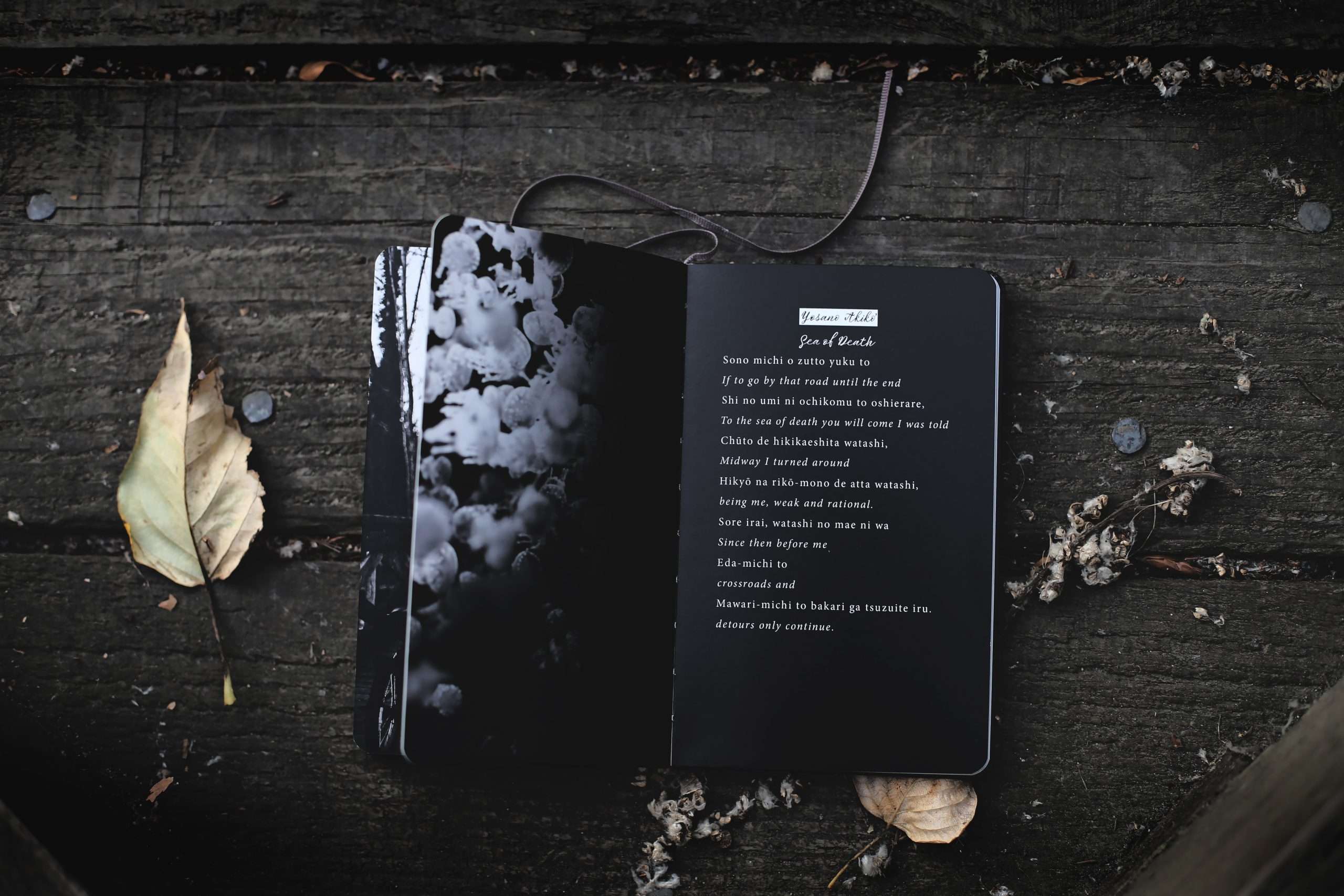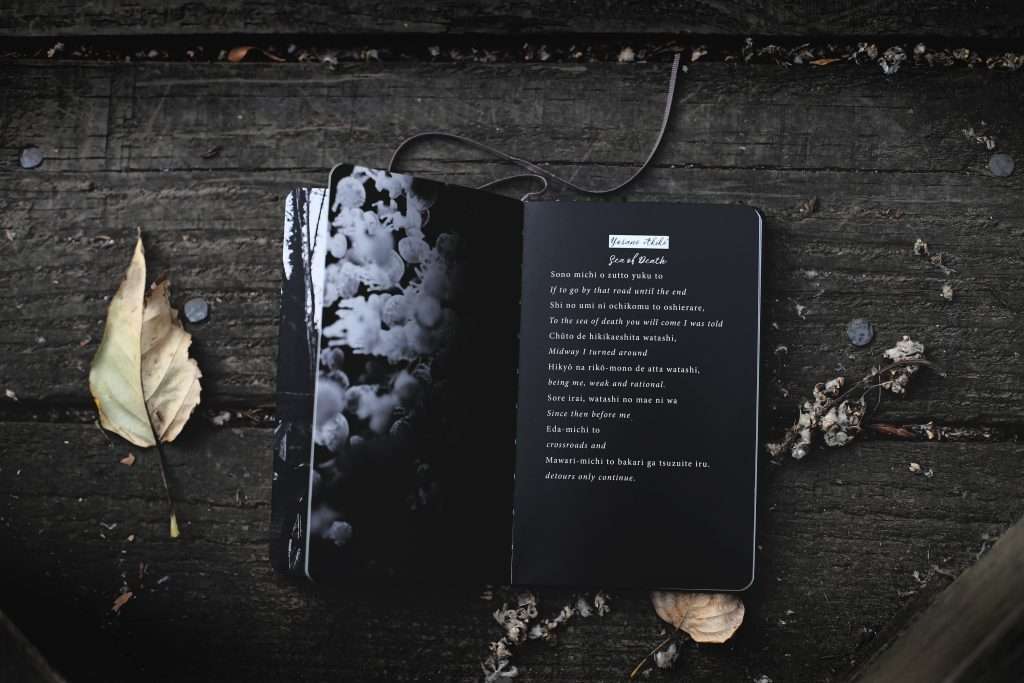We’ve implemented some new protocols around sending us messages via this website. Please email website “at” britishfantasysociety “dot” org for any issues.

For all things fantasy, horror, and speculative fiction
-
Announcement:

When the dark gets poetic
As the last instalment in our month-long horror focus, BFS poetry editor Ian Hunter looks at the darker side of the lyrical and rhythmic.

Hello, welcome to some Halloween ramblings of Ian Hunter, BFS poetry editor, on horror poetry. One thing I want to get out of the way first is poetry in horror, and by that I mean horror writers using poetry in their novels. Probably Stephen King is the best example of this as he introduces one of the sections of “Salem’s Lot” with the poem “The Emperor of Ice Cream” by Wallace Stephens; it describes the wake or funeral of an old woman. While the poem can be regarded as having many meanings, perhaps the most pertinent ones here are that life is fleeting, and an Emperor may consider himself all-powerful, but death will always win out, and his power is also fleeting. King has referenced the same poem in some of his other work. He also uses poetry in “IT”, which has a great passage from William Carlos Williams epic poem “Paterson” – the “shaken by your beauty” section. Coming across poems in novels is a great way of discovering new poems and new poets.
But we are not here to talk about discovering poems in novels—we are here to talk about horror poetry. Just as horror fiction is a wide church, ranging from the extreme to the quiet, and encompassing a range of sub-genres, horror poetry does the same. It can be gory, shocking, unsettling, and disturbing through the creation of imagery and a killer, shudder-inducing last line.
Take a look at the classics: witches and death
As a Scot, I suppose I have to start with Rabbie Burns’ “Tam o’Shanter”, which tells the tale of drunkard Tam getting sidetracked riding home from a drinking session. He sees lights on in an abandoned church, and discovers some witches and warlocks having a rare old time assisted by the devil on the bagpipes. Of course it all goes pear-shaped for Tam as he is discovered and the witches give chase.
There are some wonderful verses in the poem, but one of my favourites is:
The wind blew as ’twad blawn its last;
The rattling showers rose on the blast;
The speedy gleams the darkness swallow’d;
Loud, deep, and lang, the thunder bellow’d:
That night, a child might understand,
The Deil had business on his hand.
and the lines:
Coffins stood round, like open presses,
That shaw’d the dead in their last dresses;
And by some devilish cantraip slight
Each in its cauld hand held a light.—
“Tam o’Shanter” was written way back in 1790, and staying in classic territory other poems worth seeking out I’d include Coleridge’s “Christabel”, a gothic epic with vampiric undertones as Christabel encounters a stranger called Geraldine hiding in the woods, who’s escaped from some men who kidnapped her—or has she? Christabel makes the mistake of taking Geraldine home with her, but sadly we’ll never know how the poem ended as Coleridge only completed two of the intended five parts.

I think every poet eventually ends up writing about the strange, or mysterious, or horrific, and certainly well known poets such as Edgar Allen Poe (The Raven, Spirits of the Dead, Ulalume), Emily Dickinson (I Felt a Funeral, In My Brain, One Need Not be a Chamber – to be Haunted, The Only Ghost I Ever Saw), and even Sylvia Plath (All the Dead Dears, Lady Lazarus, The Snowman on the Moor) have conjured up some disturbing and horrific poetry.
Where to seek out genre poetry
The British Fantasy Society has a long tradition of including horror poetry in the various incarnations of its publications, although sadly, there is no British Fantasy Award for poetry. If you are interested in horror poetry, have a look at some of our previous publications and savour some of the horror poems we have published.
The Horror Writer’s Association produce a regular Poetry Showcase, which yours truly has appeared in. The tenth edition showcasing poets from the well-established to the newcomer is about to appear and, like previous editions, will boast a variety of poetry forms, styles, and subject matter. Since the year 2000, the Horror Writer’s Association has awarded a Bram Stoker Award for Superior Achievement in a Poetry Collection; past winners include the likes of Tom Piccirilli, Linda Addison, Corrine DeWinter, Bruce Boston, Marge Simon, and Christina Sng. The collections by the winners and shortlisted poets are always worth a read, and it is noticeable that some of the collections are collaborations between two or more poets.
What is also noticeable is that many of the collections are themed—so, for example, Jezzy Wolfe’s “Monstrum Poetica” delivers poems about a variety of horrific beasties from Aswangs (evil shapeshifters) right through the alphabet to zombies. Jezzy’s collection is published by Raw Dog Screaming Press, one of the best publishers of horror poetry (although other publishers are available). Other Raw Dog collections to look out for are “Hysteria” by Stephanie M. Wytovich; “Crime Scene” by Cynthia Pelayo, which gives us 83 crime reports in poetic form written by Agent K as a crime is investigated; and Donna Lynch’s “Girls from the Country”, telling the story of girls who have to survive—if they can—the dark woods, abandoned buildings, and worse things that populate the countryside.
But, as I say, other publishers are available: one of the best is Crystal Lake Publishing, who have published Bruce Boston, Marge Simon, Linda D. Addison, and Alessandro Manzetti, among others. Speaking of Marge Simon, check out “The Demeter Diaries”, a collaboration between her and Bryan D. Dietrich from Independent Legions, which gives us a poetic conversation between Dracula and Mina Harker as he sails towards Whitby on The Demeter. It also features some great interior illustrations by Luke Spooner.
I hope that some of the above have given you a flavour of the huge smorgasbord of delights that are out there on the horror poetry table. If you want something totally different, seek out Jackie Wang’s “The Sunflower Cast A Spell to Save Us from the Void” from Nightboat Books to see an example of someone pushing against the edges of speculative verse.
I always get inspired by reading the work of other poets and I hope if you read some of these works, you will too.
Photos by Ksenia Makagonova and Taylor Wright on Unsplash
Meet the guest author

Poetry editor Ian Hunter has been a member of the British Fantasy Society since 1988 when he joined as a very small child. He is a children’s author, short story writer, editor and poet, and his work has appeared in places like “New Writing Scotland”, “Unsung Stories”, “Dreich”, “Shoreline of Infinity”, “Occult Detective Monthly”, “Visual Verse”, “Dreams and Nightmares”, “Star*Line”, and many other magazines and anthologies in the UK, USA and Canada. He is also a member of the Glasgow Science Fiction Writers Circle and the Horror Writers Association.
He has twice been a writer-in residence and was a director of the Scottish writer’s collective, Read Raw, and still looks after Read Raw Press. He reviews for the BFS, Shoreline of Infinity, and the website Concatenation, where his reports about Fantasycon also appear. He is the proud owner of 1000 trees in Korup rain forest in Cameroon, and has adopted a polar bear called Svetlana who writes regularly and says she is looking forward to eating – no – meeting Jessie, Ian’s black labrador.
Explore the blog:
Blog categories:
Latest Posts:
Tags:
#featured (56) #science fiction (25) Book Review (264) events (44) Fantasy (231) Graphic Novel (13) horror (136) Members (62) Orbit Books (48) profile (43) Romance (17) Science Fiction (50) short stories (28) Titan Books (52) TV Review (15)
All reviews
Latest Reviews:
- THE HOUSE ON THE BORDERLAND by William Hope Hodgson
- Monstrum by Lottie Mills
- Mood Swings by Dave Jeffery
- Yoke of Stars by R.B. Lemberg
- Hera by Jennifer Saint
- The Black Bird Oracle by Deborah Harkness
- RETURN OF THE DWARVES By Markus Heitz
- Delicious in Dungeon
- Toxxic by Jane Hennigan
- THIS ISLAND EARTH: 8 FEATURES FROM THE DRIVE-IN By Dale Bailey
Review tags:
#featured (2) Action (4) Adventure (4) Book Review (28) Fantasy (18) Featured (2) Feminist (2) Gothic Horror (3) Horror (14) Magic (3) Orbit Books (3) Romance (6) Science Fiction (5) Swords and Sorcery (2) Titan Books (7)